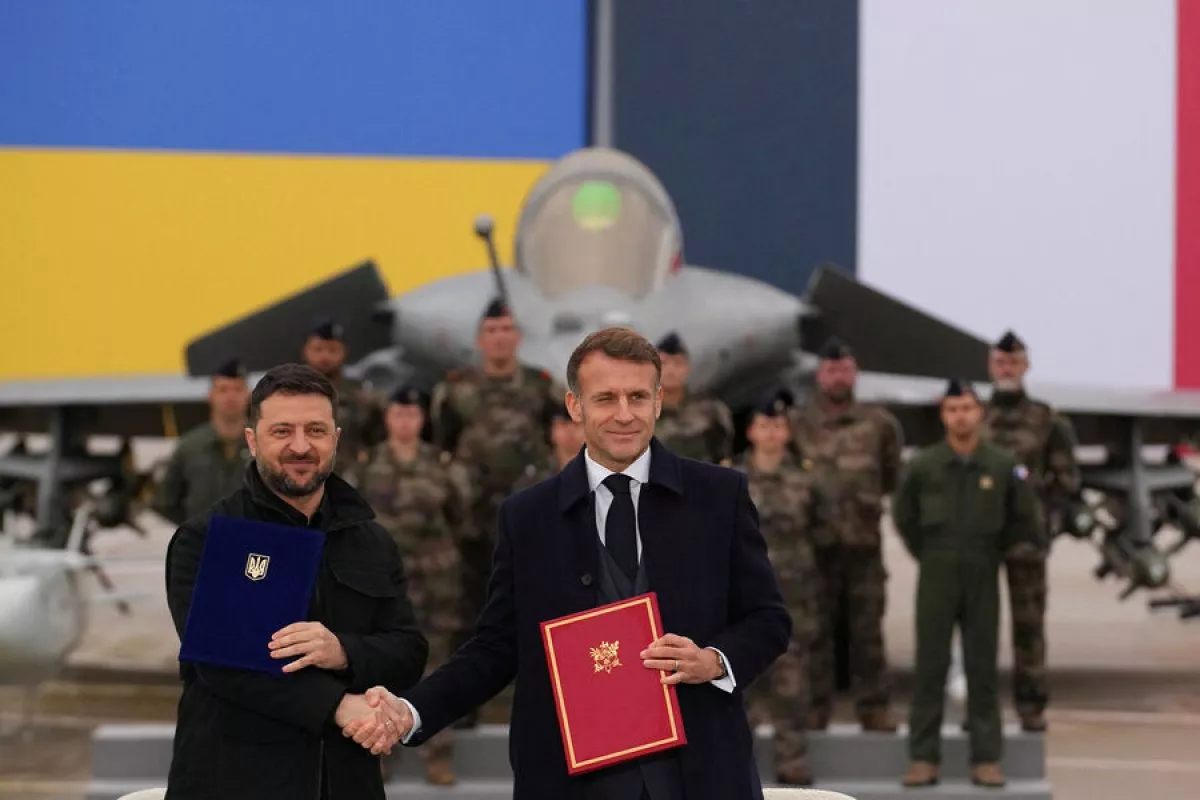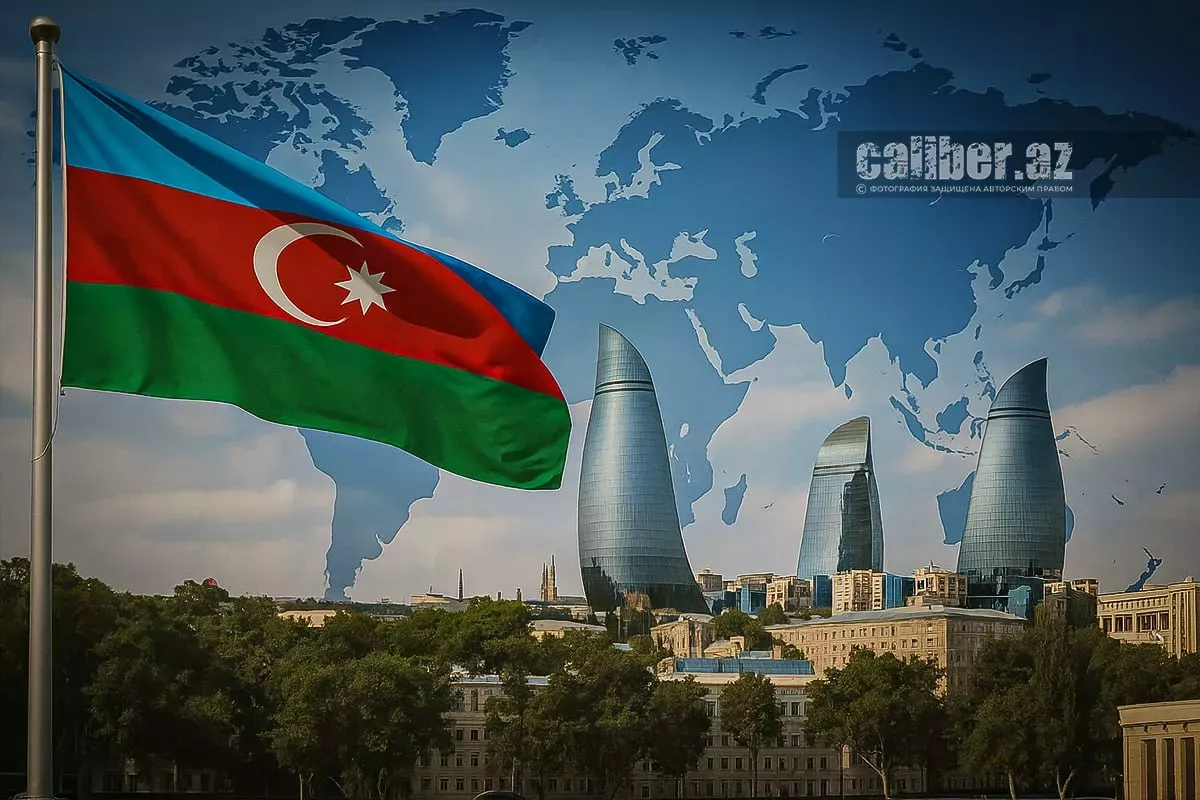Leadership and its impact on a nation’s destiny Ukraine and Azerbaijan in comparative perspective
Playing the role of a national leader in films or on the theatre stage and actually being one are two completely different things. History, as an unforgiving judge, reminds us of this once again with the example of Ukraine, where President Volodymyr Zelenskyy, previously a talented performer and excellent communicator, found himself facing challenges that require not public charisma, but strategic statecraft and political firmness.

To be frank, much of this situation is the result of illusions created by international media, political consultants, and Zelenskyy’s closest circle. They built an image of him as a “second Churchill,” placed him on the covers of leading publications, and turned him into an emotional symbol of resistance. Yet a symbol is not always a leader. When the time came for real decisions, it became clear that Ukraine lacked a political figure capable of guiding it through a long and exhausting war.
In his address to the Ukrainian people, Zelenskyy essentially confirmed this: Ukraine is under unprecedented pressure. A plan to end the war is being imposed on it—one that is, in essence, capitulation—and the room to resist is minimal. Formally, Kyiv can reject the proposed plan, but this would only deepen the internal crisis, strain relations with allies, and could have tragic consequences for the country.

Undoubtedly, the root cause of the current situation is Russian aggression. It was Moscow that unleashed the bloodiest war in Europe since World War II. Yet another fact is equally clear: Ukraine has received colossal economic, political, and military support. The total volume of assistance amounted to approximately three hundred billion dollars—a sum sufficient to create a next-generation army and potentially change the course of the war.
However, resources are only a tool. The key factor is a leader capable of turning tools into results. Here, Ukraine has faced a problem long ignored: the absence in Zelenskyy of the qualities of a strategic-scale statesman. This is now apparent not only to analysts, but also to society and international partners.
Against this backdrop, the example of Azerbaijan is particularly illustrative. For thirty years, the country appealed to the international community for the restoration of its territorial integrity. Yet those who considered themselves guarantors of democracy, international law, and security effectively ignored Baku’s voice.
Guided by their political sympathies and geopolitical interests, these forces preferred to preserve a status quo favorable to Armenia. Throughout all these years, it was precisely the phenomenon of leadership demonstrated by President Ilham Aliyev that prevented the problem from being frozen.
By pursuing a consistent, pragmatic, and principled policy, strengthening itself year by year economically, politically, diplomatically, and—most importantly—militarily, the Azerbaijani state succeeded in making its demands impossible to ignore.

And when diplomatic mechanisms were exhausted, Azerbaijan restored its territorial integrity by its own means, without external political or military guarantees. This became an example of how a country, led by a strong, strategically minded leader, can change the course of history despite resistance from external actors.
The most important outcome is the new geopolitical architecture of the South Caucasus, made possible solely thanks to the personal factor of Ilham Aliyev. This is a fact that demonstrates the immense potential of a strong, charismatic leader with broad vision and strategic foresight—someone who places the interests of their country and people above all else and acts as a true patriot of their homeland.
Comparing these two cases is by no means an attempt to diminish Ukraine’s tragedy or to idealize any particular political course. It is an analysis of how the presence—or absence—of a strong leader can shape the fate of an entire state. In a world marked by global instability, leadership becomes the key resource that transforms a nation’s capabilities into success. Azerbaijan’s historical path has clearly confirmed this.








